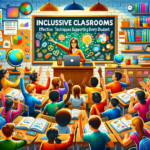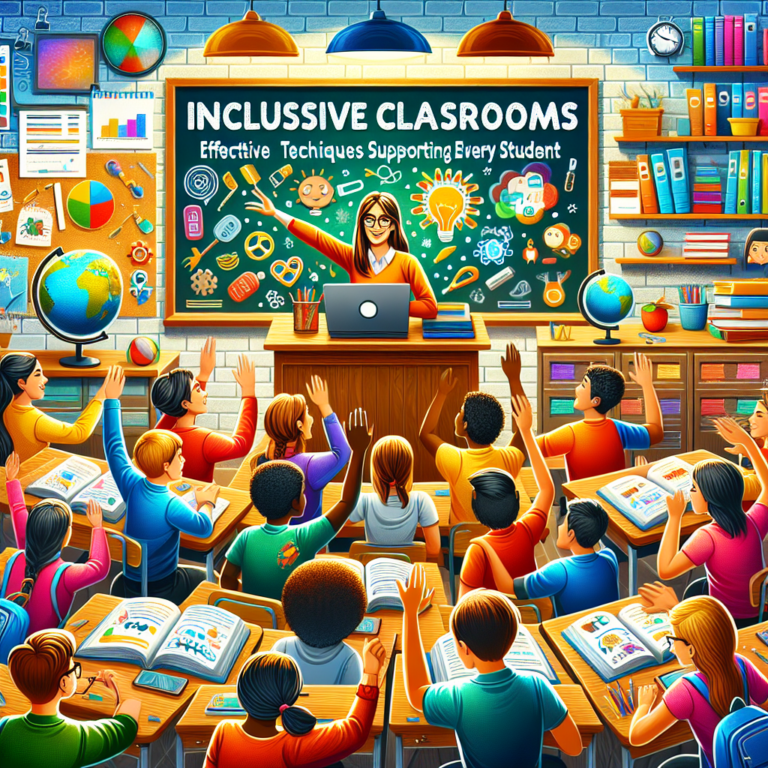
Introduction
In today’s diverse workplace, navigating generational differences has become more critical than ever. As organizations strive for productivity and employee satisfaction, understanding how to tailor HR strategies through psychological insights can be the ultimate game-changer. With five distinct generations working side by side—from Baby Boomers to Generation Z—HR professionals face unique challenges and opportunities. The art of navigating generational differences isn’t just a theoretical exercise; it’s a practical necessity that can profoundly impact organizational culture and performance.
The Generational Landscape
Understanding the Five Generations in the Workplace
Baby Boomers (1946-1964): Often characterized by their work ethic and commitment, they value loyalty and face-to-face interactions.
Generation X (1965-1980): Known for their independence and resourcefulness, Gen Xers often seek a balance between work and life.
Millennials (1981-1996): This tech-savvy generation values flexibility, collaboration, and purpose in their work.
Generation Z (1997-2012): Digital natives who prioritize diversity, mental health, and authenticity.
- Generation Alpha (2013-present): Although they are yet to enter the workforce, Gen Alpha’s upbringing in a hyper-connected world suggests they will expect high levels of technology integration.
Case Study: The Multi-Generational Team at TechSolutions Inc.
Scenario: TechSolutions Inc. experienced conflict between departments led predominantly by Baby Boomers and Millennials, impacting project timelines.
Analysis: By implementing tailored HR strategies like targeted communication workshops and mentoring programs, TechSolutions bridged the generational gap. This initiative not only enhanced collaboration but also increased project completion rates by 30%.
Psychological Insights into Generational Differences
Understanding Value Systems
Different generations have unique motivations shaped by their formative experiences. Understanding these value systems is crucial for effective HR strategy.
Baby Boomers value hard work and stability, often preferring hierarchical structures.
Generation X tends to appreciate autonomy and work-life balance, seeking recognition for accomplishments over titles.
Millennials thrive on feedback and a sense of purpose, gravitating towards work that aligns with personal values.
- Generation Z, having grown up with social media, values authenticity and transparent communication.
The Role of Psychological Safety
Creating an environment where employees feel safe to express themselves is essential. Psychological safety can lead to improved collaboration and innovation.
Table 1: Generational Preferences for Psychological Safety
| Generation | Preferred Communication Style | Key Factors for Psychological Safety |
|---|---|---|
| Baby Boomers | Face-to-face | Respect for experience, formality |
| Generation X | Email, in-person | Flexibility, recognition |
| Millennials | Instant messaging, collaboration tools | Feedback, purpose |
| Generation Z | Social media, direct messaging | Authenticity, diversity |
Implementing Psychological Insights
Structured Mentorship Programs
Encouraging mentorship that pairs older employees with younger ones can foster understanding and mutual respect.
Case Study: At ChartIT Corp, integrating a mentorship program resulted in a 40% increase in employee engagement scores within a year. Senior employees reported feeling more valued, while younger employees gained crucial insights.
The Importance of Flexible Work Arrangements
Flexibility is a common desire across generations, but it manifests differently. While Baby Boomers may prefer traditional hours, Millennials and Gen Z prioritize remote options.
Chart 1: Preferences for Work Arrangements by Generation
| Generation | In-Office | Hybrid | Remote |
|---|---|---|---|
| Baby Boomers | 70% | 15% | 15% |
| Generation X | 50% | 40% | 10% |
| Millennials | 20% | 30% | 50% |
| Generation Z | 10% | 20% | 70% |
Tailoring HR Strategies to Generational Insights
Developing Tailored Training Programs
Each generation learns differently. A blend of traditional and digital training methods can cater to diverse learning preferences.
Case Study: At LearningEdge, implementing mixed-format training (in-person workshops + online modules) led to a 25% increase in training satisfaction scores.
Creating Inclusive Workplace Cultures
Incorporating the ideals of respect, recognition, and diversity can build a culture where every generation feels valued.
Collaboration Spaces: Designate common areas for team brainstorming to encourage creativity across generations.
- Diversity Training: Regular workshops that include perspectives from all generations can promote understanding and reduce biases.
Feedback Mechanisms
Incorporate diverse feedback mechanisms designed to capture insights from all age groups. Digital tools can help streamline processes while also allowing for traditional feedback methods, like in-person surveys or suggestion boxes.
Conclusion
The journey of navigating generational differences through tailored HR strategies and psychological insights is an ongoing process. Organizations that lead with empathy and an understanding of these differences can create a more cohesive and productive environment. By strategically implementing insights specific to each generation, businesses not only retain talent but also foster innovation and collaboration.
Actionable Takeaway
Start by assessing your current HR practices. Are they inclusive of all generations? Consider implementing new strategies such as mentorship programs and flexible work arrangements to enhance engagement and productivity.
FAQs Section
1. Why is it important to understand generational differences in the workplace?
Understanding generational differences allows employers to tailor HR strategies that attract and retain talent. This creates a more harmonious workplace, reduces conflict, and improves productivity.
2. How can I enhance communication between different generations in my team?
Consider using varied communication methods that cater to all generations, such as emails, team chats, and face-to-face meetings. Regular team-building exercises can also help build rapport.
3. What are the common misconceptions about younger generations?
Many assume younger generations lack work ethic or commitment. In reality, they often value purpose and flexibility over traditional markers of success.
4. How often should organizations conduct training on generational differences?
Regular workshops—at least once or twice a year—can help keep the conversation going and address any emerging issues.
5. Are there specific psychological insights tailored to each generation?
Yes, understanding each generation’s motivations, learning preferences, and communication styles provides critical insights for crafting effective HR strategies.
By effectively navigating generational differences and tailoring HR strategies through valuable psychological insights, organizations can unlock higher levels of engagement and productivity. In a world where collaboration is key, this approach is not just beneficial—it’s essential.














